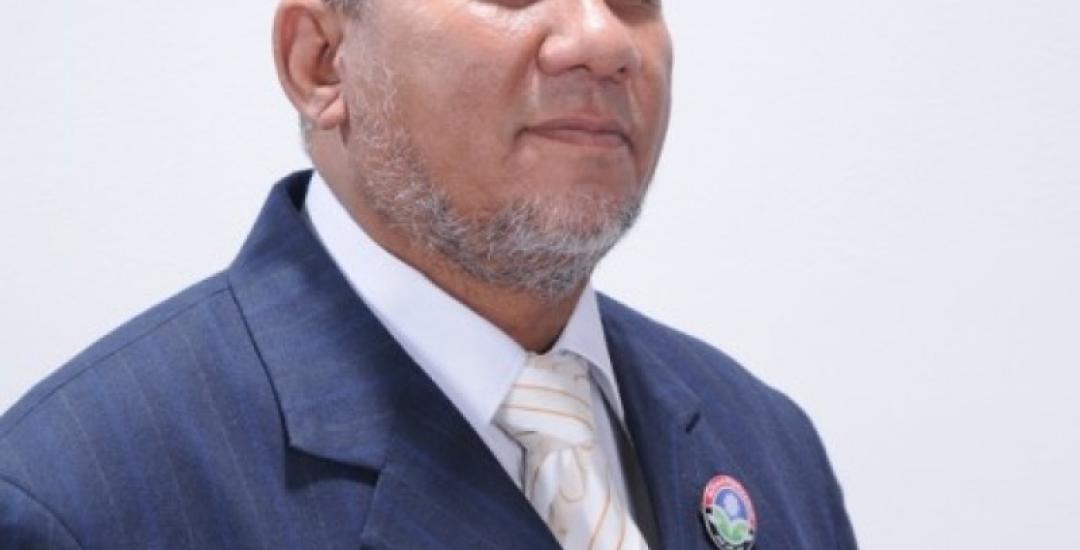
On 20 May 2015, Mohamed Al Fallahgi, a 58-year-old former Member of Parliament elected in 2012 died in detention, despite Alkarama's urgent appeal to the United Nations Special Rapporteur on the Right to Health (SRH) and the Special Rapporteur against Torture (SRT) on 1 May 2015 urging the Egyptian authorities to hospitalise him immediately.
Arrested by the Homeland Security in August 2013 for belonging to the Freedom and Justice Party (FJP) – the Muslim Brotherhood's political wing, a party banned from participating in parliament in late 2014 – Al Fallahgi was detained incommunicado without charges for a month, during which he was subjected to torture for 11 days. He was then accused of "constitution of a gang of thugs", and although the public prosecution dropped the charges in early January, he remained unlawfully detained before being charged again with "incitement to murder", "assault on a police station" and "affiliation to the Muslim Brotherhood", which had been listed as a terrorist organisation in December 2013. Although these fabricated charges were similarly dismissed by the prosecution office on 10 February 2015, the prosecutor did not allow for his release either. He was eventually charged with "incitement to arson against the Islamic centre of Damietta", a case in which he should have been heard by the court on 26 May 2015.
Although his health had been constantly deteriorating since his arrest, and despite his family's repetitive calls to the authorities for his hospitalisation, Al Fallahgi had been denied access to medical care on numerous occasions. According to the media, the former MP died of a gallbladder inflammation and a liver failure, health conditions that were probably aggravated by the torture he suffered and the conditions of detention he lived in. It was only in last resort that the authorities brought him to hospital on 20 May 2015, where he died five days later without having been provided the care he required.
Al Fallahgi's case is illustrative of the status of human rights in Egypt and particularly of the issue of deaths in detention, resulting either from the consequences of torture or from the denial of medical care, an issue on which Alkarama had already called the attention of the UN, following the three deaths in detention of political detainees.
Alkarama recalls that article 10 of the International Covenant on Civil and Political Rights (ICCPR) ratified by Egypt in November 1989 states that "all persons deprived of their liberty shall be treated with humanity and with respect for the inherent dignity of the human person." Consequently, the Egyptian authorities have the obligation to provide detainees, whether criminal or political, with appropriate medical care and decent conditions of detention. Alkarama urges them to take immediate and appropriate measures to ensure that all detainees' psychological and mental health are guaranteed and that their right to be free from torture, as enshrined in the Convention against Torture (CAT) to which Egypt is a party since June 1986, is effectively respected.
For more information or an interview, please contact the media team at media@alkarama.org (Dir: 41 22 734 1008).
